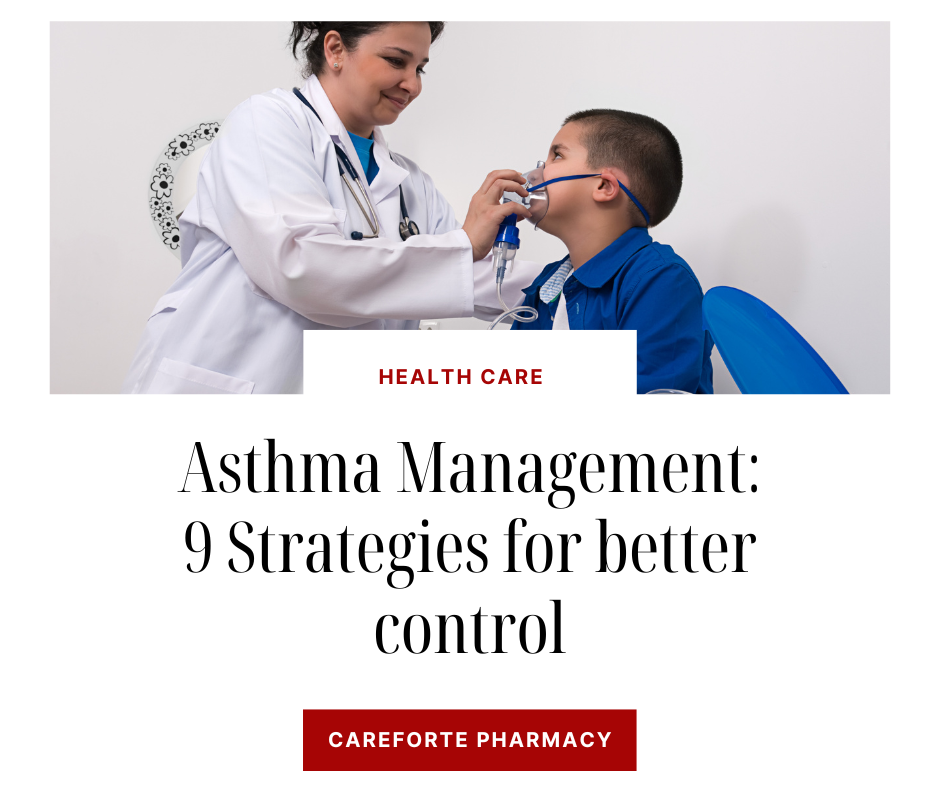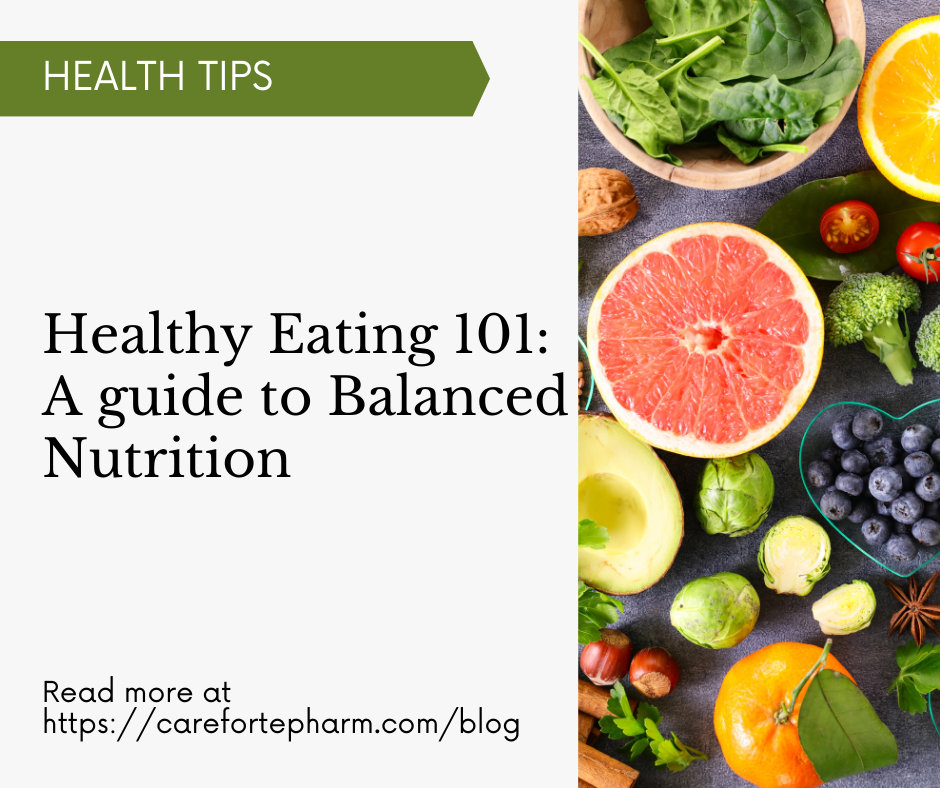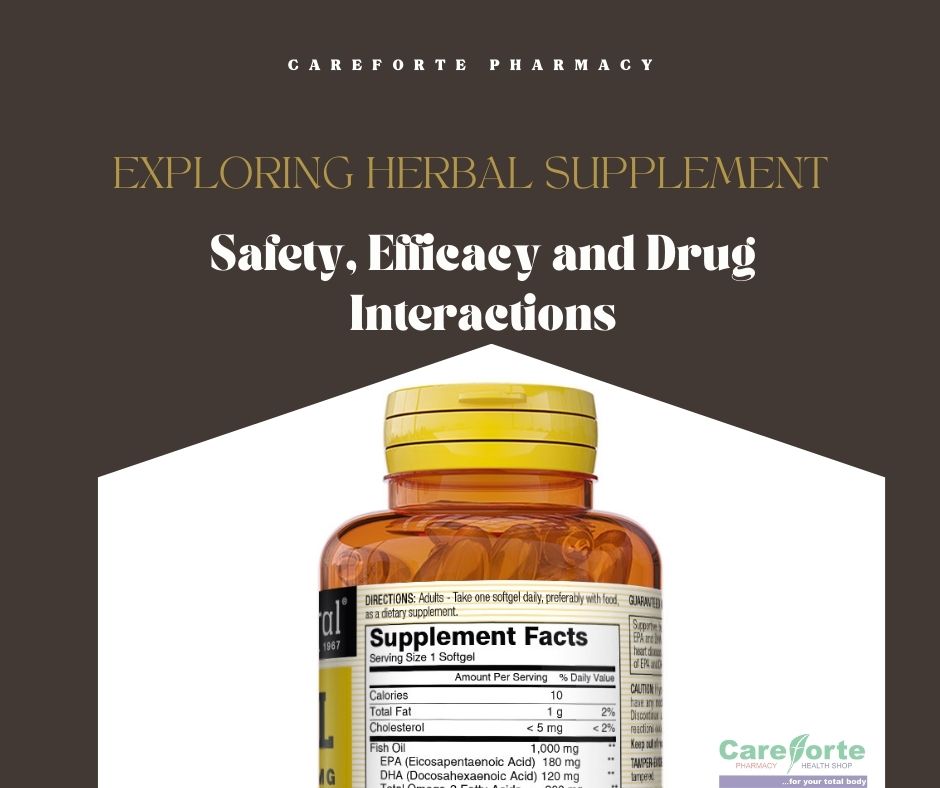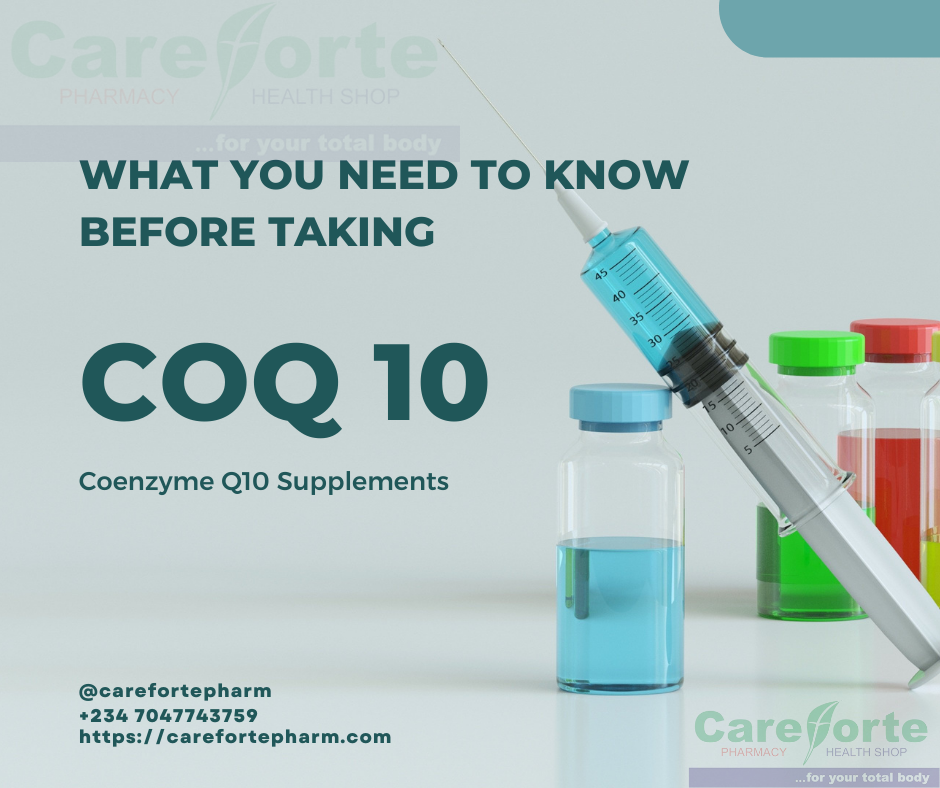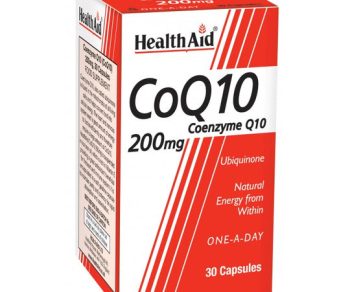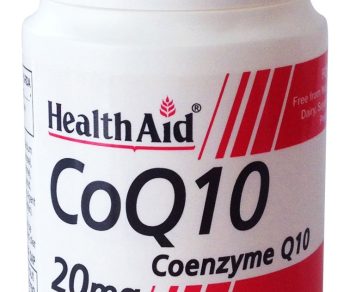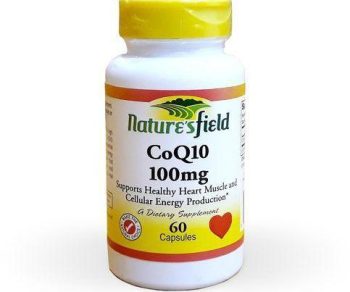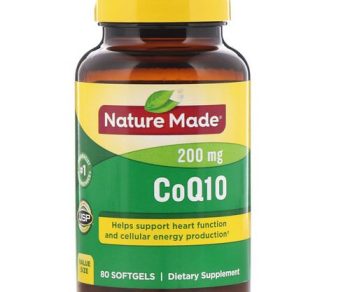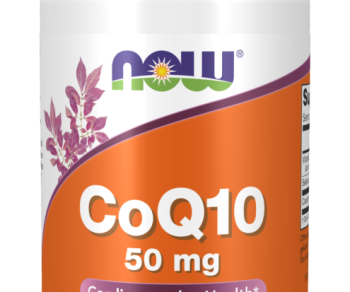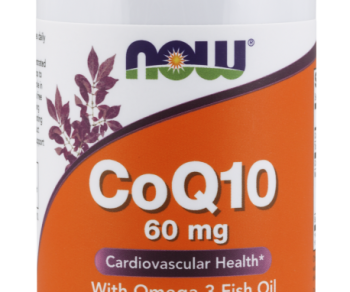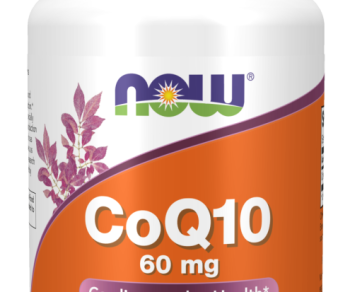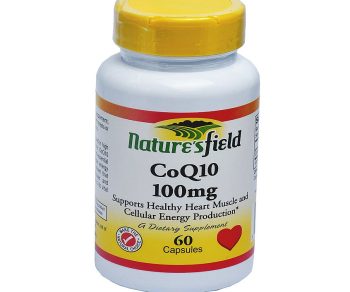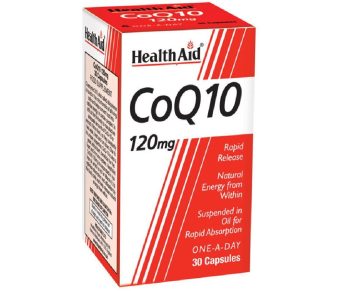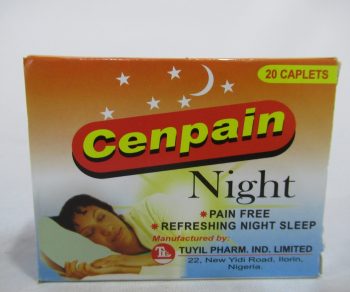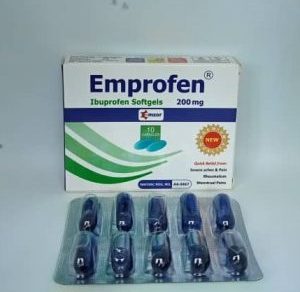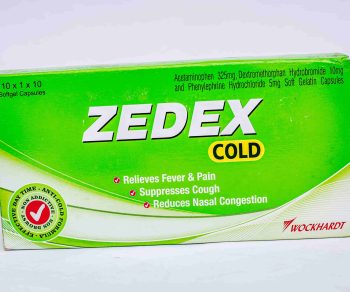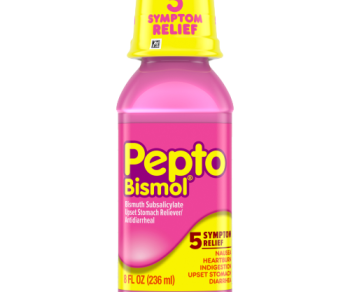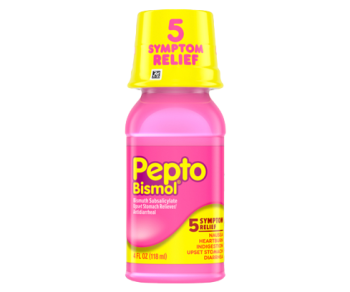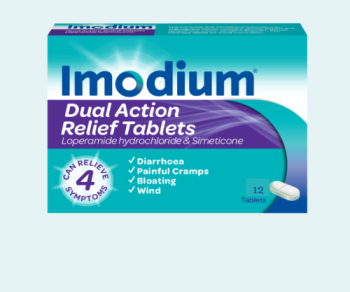Understanding Malaria: Causes, Symptoms, and Prevention
Malaria is a life-threatening disease caused by parasites transmitted through the bites of infected female Anopheles mosquitoes. It poses a significant global health challenge, particularly in tropical and subtropical regions. In this article, we will explore the causes, common symptoms, effective preventive measures, available anti-malarial medications, and vaccination options for malaria.
Causes of Malaria
Malaria is primarily caused by the Plasmodium parasite, which has five known species: Plasmodium falciparum, Plasmodium vivax, Plasmodium malariae, Plasmodium ovale, and Plasmodium knowlesi. Among these, Plasmodium falciparum is the most dangerous and prevalent species responsible for severe malaria cases.
The transmission of malaria occurs when an infected female Anopheles mosquito bites a human and injects the parasites into the bloodstream.
The parasites then travel to the liver, where they multiply and mature before infecting red blood cells. Once inside the red blood cells, the parasites continue to multiply, leading to the characteristic symptoms of malaria.
Common Symptoms of Malaria
The symptoms of malaria typically appear 10-15 days after the mosquito bite. However, in some cases, symptoms may not appear for several months. The common symptoms of malaria include:
- High fever
- Chills and shivering
- Headaches
- Sweating
- Fatigue and weakness
- Muscle aches
- Nausea and vomiting
- Diarrhea
If left untreated, malaria can progress rapidly and lead to severe complications, including organ failure, anemia, respiratory distress, and even death. Therefore, early diagnosis and prompt treatment are crucial.
Effective Preventive Measures
Preventing malaria primarily involves reducing exposure to mosquito bites. Here are some effective preventive measures:
- Use mosquito repellents: Apply mosquito repellents containing DEET, picaridin, or oil of lemon eucalyptus to the exposed skin.
- Wear protective clothing: Cover your body with long-sleeved shirts, long pants, socks, and closed-toe shoes, especially during peak mosquito activity times.
- Use bed nets: Sleep under insecticide-treated bed nets, particularly in areas where malaria is endemic.
- Eliminate mosquito breeding sites: Remove stagnant water and potential breeding sites around your home, such as uncovered water containers, old tires, and flower pots.
- Take preventive medications: If traveling to a malaria-endemic area, consult a healthcare professional for appropriate anti-malarial medication before your trip.
It’s important to note that no preventive measure is 100% effective, and a combination of strategies should be employed to minimize the risk of malaria.
Available Anti-Malarial Medications
Various anti-malarial medications are available for both prevention and treatment of malaria. The choice of medication depends on factors such as the specific Plasmodium species prevalent in the area, drug resistance patterns, and individual health considerations. Some commonly used anti-malarial medications include:
- Chloroquine: Effective against Plasmodium vivax and Plasmodium malariae, but resistance has emerged in many regions.
- Artemisinin-based combination therapies (ACTs): The most effective treatment for uncomplicated Plasmodium falciparum malaria.
- Mefloquine: Used for both prevention and treatment of malaria, but potential side effects exist.
- Doxycycline: Effective for malaria prevention and treatment, but not recommended for pregnant women or children under eight.
- Atovaquone-proguanil: A combination medication used for both the prevention and treatment of malaria.
It is crucial to consult a healthcare professional for personalized advice on the appropriate anti-malarial medication based on your travel destination and individual health factors.
Vaccination Options
In recent years, significant progress has been made in developing a malaria vaccine. The most advanced malaria vaccine is the RTS, S/AS01 vaccine, commonly known as Mosquirix. This vaccine is designed to provide partial protection against Plasmodium falciparum malaria in young children. It is administered in multiple doses and has shown promising results in reducing the risk of severe malaria cases.
However, it’s important to note that the malaria vaccine is not yet widely available, and its effectiveness may vary depending on factors such as age, location, and individual immune response. Ongoing research and development efforts aim to improve the efficacy and accessibility of malaria vaccines.
Conclusion
Malaria remains a significant global health concern, but with increased awareness and effective preventive measures, the burden of this disease can be reduced. Understanding the causes, recognizing the common symptoms, and adopting preventive measures are crucial steps in combating malaria.
Additionally, consulting healthcare professionals for appropriate anti-malarial medications and staying informed about the progress in malaria vaccination options can further contribute to the prevention and control of this deadly disease.
Prevention is critical, and early diagnosis and treatment are essential to ensuring a positive outcome for individuals affected by malaria. Stay vigilant, protect yourself from mosquito bites, and contribute to the global efforts in eradicating malaria.
Note: This article is for informational purposes only and should not be considered medical advice. Consult a healthcare professional for personalized guidance on malaria prevention and treatment.

Do not self-medicate, speak to a pharmacist!


